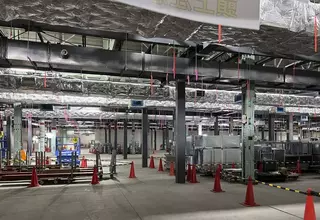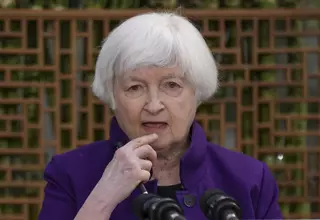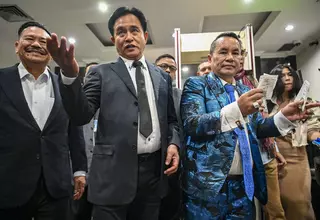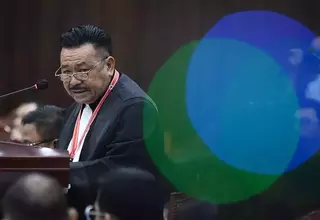Indonesian Power Plan Delays Fan Industry Frustrations
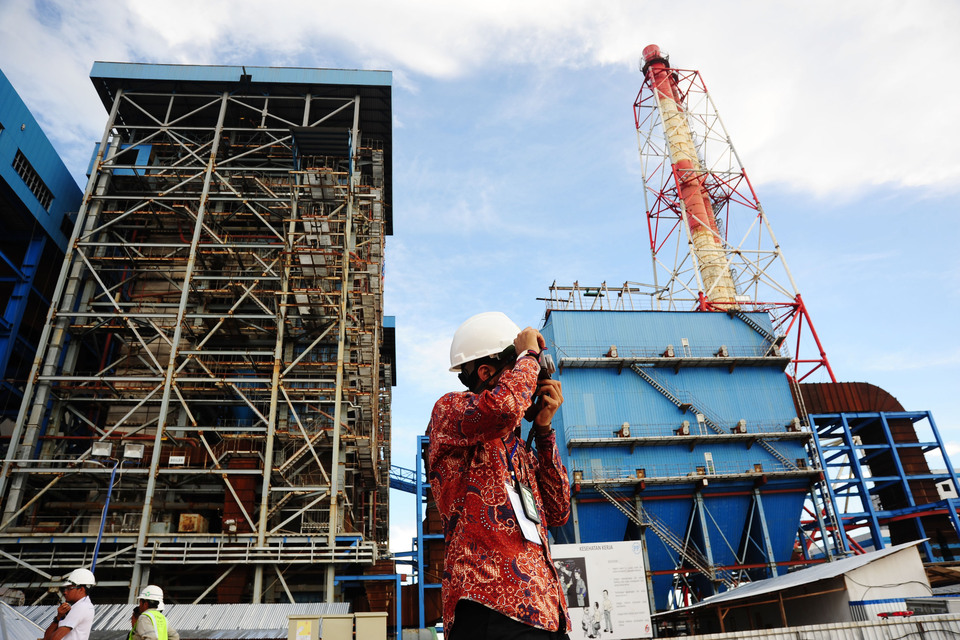
Jakarta. Six months after winning power, President Joko Widodo pledged to boost Indonesia's electricity capacity by two-thirds by 2019 as Southeast Asia's biggest economy battled persistent power shortages and blackouts.
Just over a year later, the ambitious proposal is being dogged by postponed and cancelled tenders, reversals on planned projects and uncertainty over the power mix after Widodo boosted the use of renewable energy.
The confusion has angered coal miners and project developers, and threatens to undermine Indonesia's ability to attract finance for the $132 billion of projects on the drawing board, say industry bodies and analysts.
It could also weigh on global markets as coal output earmarked for domestic power plants may be available for export. Indonesia is already the world's biggest thermal coal exporter.
State power utility, Perusahaan Listrik Negara (PLN) , was charged with implementing the planned 35 gigawatt (GW) programme by 2019 - equivalent to the capacity of Poland - and is also responsible for the country's annual 10-year energy plan, detailing upcoming projects.
PLN shocked the industry in May when it cancelled a major tender - the 2,000 megawatt Java 5 power station in Serang - after seven consortiums involving companies including Japan's Marubeni Corp and Germany's Siemens AG had prepared multi-million dollar bids.
"It sends a very bad signal to the market. Investors want legal certainty," said Arthur Simatupang, executive chairman of the Association of Indonesian Independent Power Producers.
Plan delays
State-owned miner Bukit Asam has also protested over a $1.6 billion power station project and a high voltage transmission line that had secured financing, but which were excluded from a draft of the next 10-year energy plan.
"Investor confidence has declined," said Bukit Asam CEO Arviyan Arpin. "It will become more difficult for other projects for companies, the government or businessmen or whoever wants to bring in foreign investors."
Indonesia had a win this week, when Japanese banks agreed on a $3.4 billion loan for the Batang coal power project, although the project had been meant to begin in 2012.
"We are still committed to developing the 35,000 [megawatt power station program]," said Presidential spokesman Johan Budi.
Indonesia's energy ministry said 16 GW of power station project tenders have been delayed.
No new power purchase agreement contracts, the first step in developing power stations, have been signed this year as companies wait for the next 10-year plan, said Agung Wicaksono, deputy chairman of the electricity project acceleration team at the energy ministry.
Coal cutbacks
PLN blames delays to the final 10-year plan on changes to Indonesia's proposed energy mix after President Widodo upped the contribution from renewables at last year's Paris climate talks.
"We have submitted the draft twice or three times to the government but some changes have come from the government," said PLN coal unit director, Harlen, who - like many Indonesians - uses one name.
Coal power plants were previously seen making up two-thirds of the energy mix by 2024, but Widodo pared this back to half over climate change concerns.
On the cancelled Serang tender, PLN procurement director Supangkat Iwan Santoso said the project was terminated to avoid risk, but did not elaborate.
For project developers, delays and cancelled tenders mean wasted time and money.
"Developers and equipment suppliers have a tendency to bite their tongues," said Bart Lucarelli, coal industry analyst at consultancy Roleva Energy. "But if it happens three times or more, they will probably run for the exits."
Banks also could become more wary of providing debt financing, said a Jakarta-based power station development consultant, who asked not to named.
"When that happens, some projects may not be feasible, while others can still be developed but with higher financing costs."
Reuters
Tags: Keywords:POPULAR READS
Nissan to Make Next-Generation EV Batteries by Early 2029
Solid-state batteries are widely seen as the next step for EVs.Airlangga Set to Extend Leadership in Golkar After Election Success
Under his leadership, Golkar rose to the second position in the legislative polls and successfully made Gibran the elected vice president.Yellen Says Iran's Actions Could Cause Global 'Economic Spillovers'
Iran's missile attack on Israel early Sunday came in response to what it says was an Israeli strike on Iran's consulate in Syria.Takeaways from Prabowo's Responses to Legal Motion Contesting His Election Win
Part of the argument addresses the claim that the candidacy of Gibran Rakabuming Raka, Prabowo’s running mate, is unlawful.Prabowo Camp Cites ‘Procedural Error’ in Legal Challenge by Rival Candidates
The Constitutional Court's main task is to address alleged discrepancies in vote tallies, which neither of the plaintiffs challenged.Popular Tag
Most Popular















